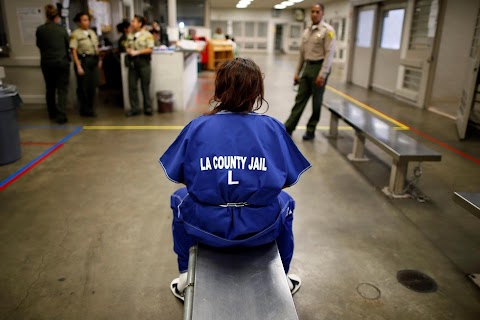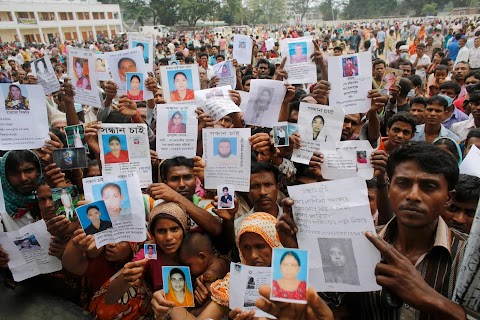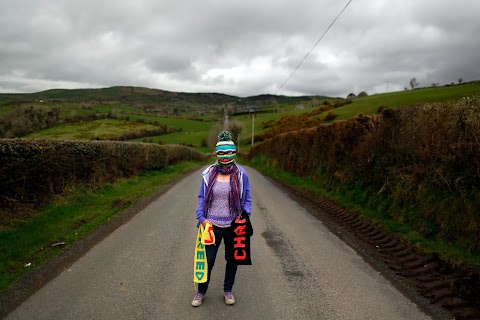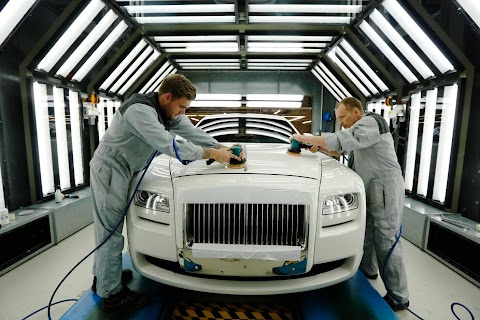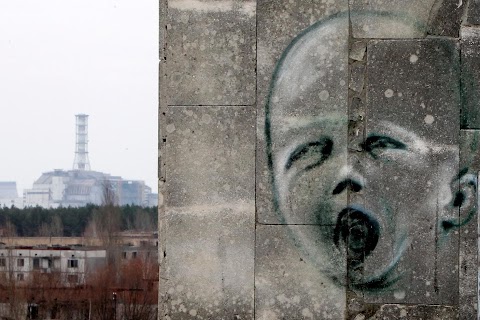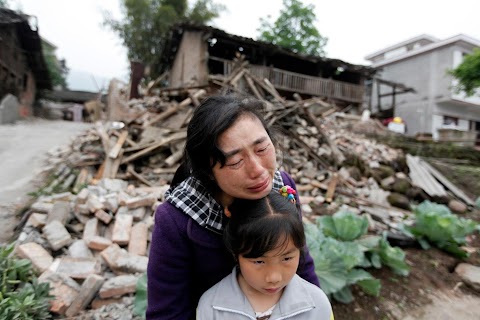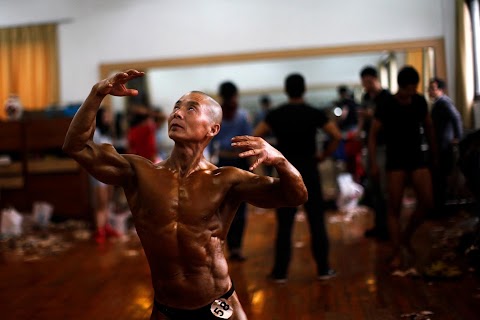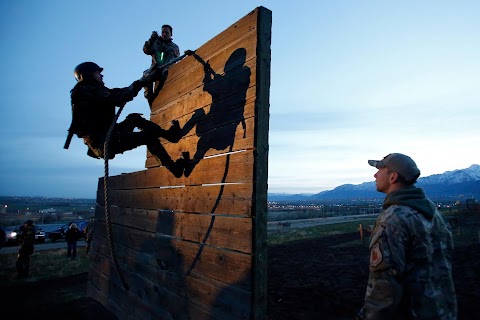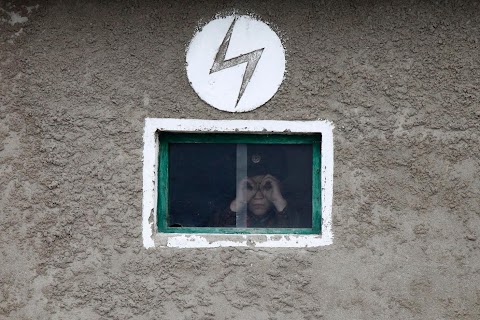
Kids of Cuba
A young Cuban couple leans in for a passionate kiss in the crystal-clear water at a beach just outside Havana.
The scene looks idyllic, but a great number of young people from this Caribbean island are nevertheless looking to move abroad - something that has become easier since the country relaxed its travel restrictions in January. Many Cuban youths are keen to go to the United States, which lies a mere 90 miles away.

Story
Cuba's young see bleak future, many want to leave
On weekend nights in Havana, young hipsters fill the sidewalks at a busy intersection near the seafront and spill into the park below, passing rum bottles between them, smoking cigarettes and playing guitars.
Black t-shirts, low-slung jeans, oddball haircuts and tattoos are in vogue at this spot, a favourite hangout for Cuban youth with a counter-cultural, slightly rebellious feel to it.
On one corner, police question a few overzealous partiers, but generally leave people alone compared to years past, when, according to one regular, Ernesto Ramis, they made everyone move along.
Ramis, 25, says you can get drugs here - uppers, downers, maybe some ecstasy - but there is no overt evidence of illegality this night, only a sense that being young in Cuba today is different, that conformity to the old ways has faded.
"The main difference," says Ramis, pointing toward the Straits of Florida, barely visible in the darkness, "is that everyone wants to leave."
His use of the word "everyone," is an overstatement, but he has touched on one of the Cuban government's biggest problems - youthful discontent with a system many view as lacking opportunity for a better life.
It is not a problem unique to the Caribbean island, which like many underdeveloped countries struggles to hold on to its best and brightest, but unlike most others it faces the added difficulty of doing so at the doorstep of a hostile superpower with an open door immigration policy for Cubans.
The government, well aware of its youth problem, is gradually changing the Soviet-style, state-run economic model put in place after the 1959 revolution, partly to address the issue.
There are young people taking advantage of the reforms by opening their own businesses or going into jobs in the island's growing private sector, but there are others who doubt the government will move fast enough - or far enough - to make a difference, and they want out.
Most hope to go to the United States, only 90 miles away, following in the footsteps of an estimated 1.5 million who have preceded them since the revolution.
Some Cubans claim that when the sky is very clear you can see the glow of lights from Florida in the night sky, which is doubtful, but an indication of the psychological proximity of the two places despite years of official hostility.
The U.S. approves 25,000 to 30,000 immigrant visas for Cubans each year, and several thousand more enter the country without visas from third countries or by sea.
LOW SALARIES
The government prides itself on providing free healthcare and education to its people, but in an economy handicapped by inefficiency and a longstanding U.S. trade embargo, monthly salaries average the equivalent of $20 a month.
Young people have watched their parents scrape by for years and do not want the same fate of little money and limited choices.
They want better-paying jobs, their own homes and cars, access to the Internet and a brighter future. Few have travelled abroad, so they want to see the wider world and live a life they get glimpses of in movies or from tourists or visiting relatives.
The government relaxed laws in January, making it easier for Cubans to leave the country, which U.S. officials in Havana say has led to a 10 percent increase in inquiries about visas.
Before the change, most visa applications came from the elderly but now most are coming from young people, they said.
COMBATTING BRAIN DRAIN
Under President Raul Castro, Cuba has launched economic reforms aimed in part at providing new opportunities it hopes will be attractive to the young.
In today's placid Cuba, the notion of a youth revolt seems far-fetched, but this government was put in place by young rebels led by Fidel Castro, so it knows the potential of restive youth.
Raul Castro, who succeeded older brother Fidel Castro in 2008 and is 81, is encouraging more private businesses.
The number of those working in the private sector has risen to just over 400,000 from 150,000 in 2010, and the money earned is generally better than what state jobs pay.
Alexander Perez, 29, is an example of what the government hopes to see. Almost all of his former classmates at the University of Havana have left, he said, but he decided to try out the new economic model.
He borrowed money from friends and family, rented a commercial space and started up Havana Pizza. With time, and by putting his business major into practice, people came to like his thin-crust pizzas, which are rare in Cuba, and the prices, starting at the equivalent of about 50 cents.
On a recent night he watched over a steady flow of customers, regularly checked messages on his cellphone, and would not disclose how much money he is making. But he is glad he stayed.
"There's a friend of mine who tells me I'm crazy because I want to do this, but, fine, each person thinks differently. What's a solution for me is not for another," Perez said.










